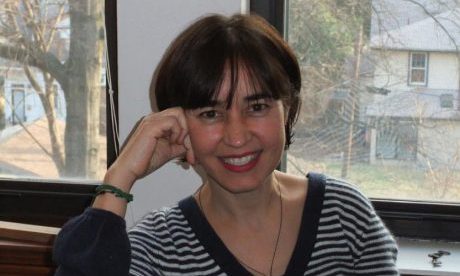In 1989, while serving in Guatemala as a missionary in a Mayan community, Ursuline Sr. Dianna Ortiz was abducted and tortured by Guatemalan security forces.
This trauma fuelled her passion for human rights work.
Ortiz now serves as the editor of Education for Justice, a project of the Center of Concern.
She also founded the international Torture Abolition and Survivors Support Coalition (TASSC International) and served as its director for 10 years.
Ortiz has received many honors for her human rights work, including three honorary doctorates, the Pax Christi USA Teacher of Peace Award, and the Rothko Chapel Oscar Romero Award.
Ortiz shared with Global Sisters Report the story of her journey from survivor to visionary advocate and educator and talked about the spirituality that supports her in her work.
Like many sisters, Ortiz works to raise awareness to end human trafficking. She helped produce the short video “I Am Miriam,” which tells the story of a trafficking survivor.
GSR: What are the spiritual practices that nourish you in the ‘long-haul’ work of social justice ministry?
Ortiz: Years back, I was asked to give a presentation on the relationship between my own spirituality and justice.
This was one of the most agonizing reflections that I had ever been asked to give.
How could a person who was present at the eclipse of God and felt divorced from humanity claim to have a spiritual life?
My experience of torture left me feeling lifeless and with a lack of purpose.
I came to recognize that my spirituality at that given moment was surviving — stitching back together my shredded trust in God, my hope in humanity, and my dignity as a woman.
Our world is faced with so many problems [including] poverty, corruption, extreme forms of violence [and] ecological peril. Being an advocate for change is not easy and can take a toll on a person’s life.
There were times I was passionate — some might say ‘obsessed’ — in my attempt to get people to recognize what was happening in our world with torture.
My life goal was to create a world free of torture, to raise awareness of its impacts of individuals, families, societies and perpetrators. Continue reading
Source and Image:
- Global Sisters’ Report, from a question and answer article by Rhonda Miska, a former Jesuit Volunteer (Nicaragua, 2002-2004) and a graduate of the Boston College School of Theology and Ministry.
